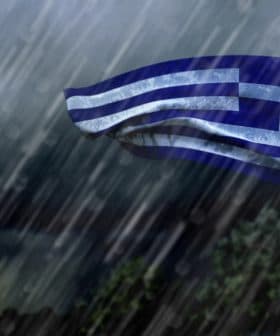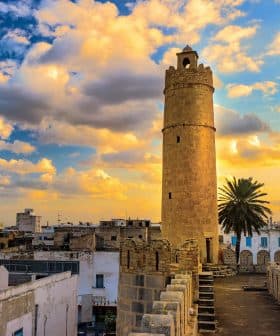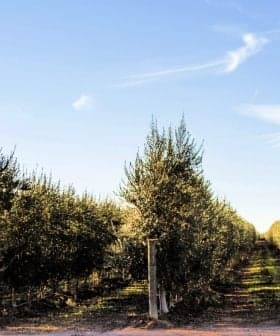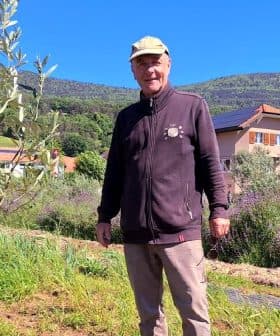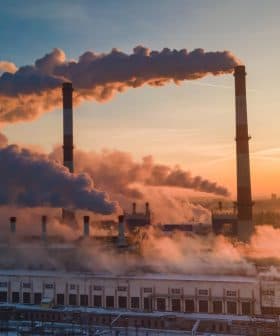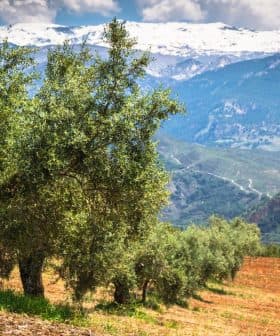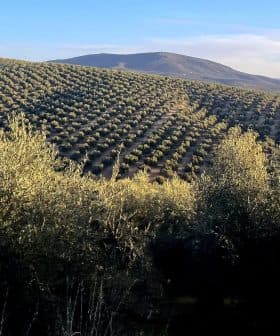Algerian Farmers in ‘State of Shock’ After Week of Deadly Fires
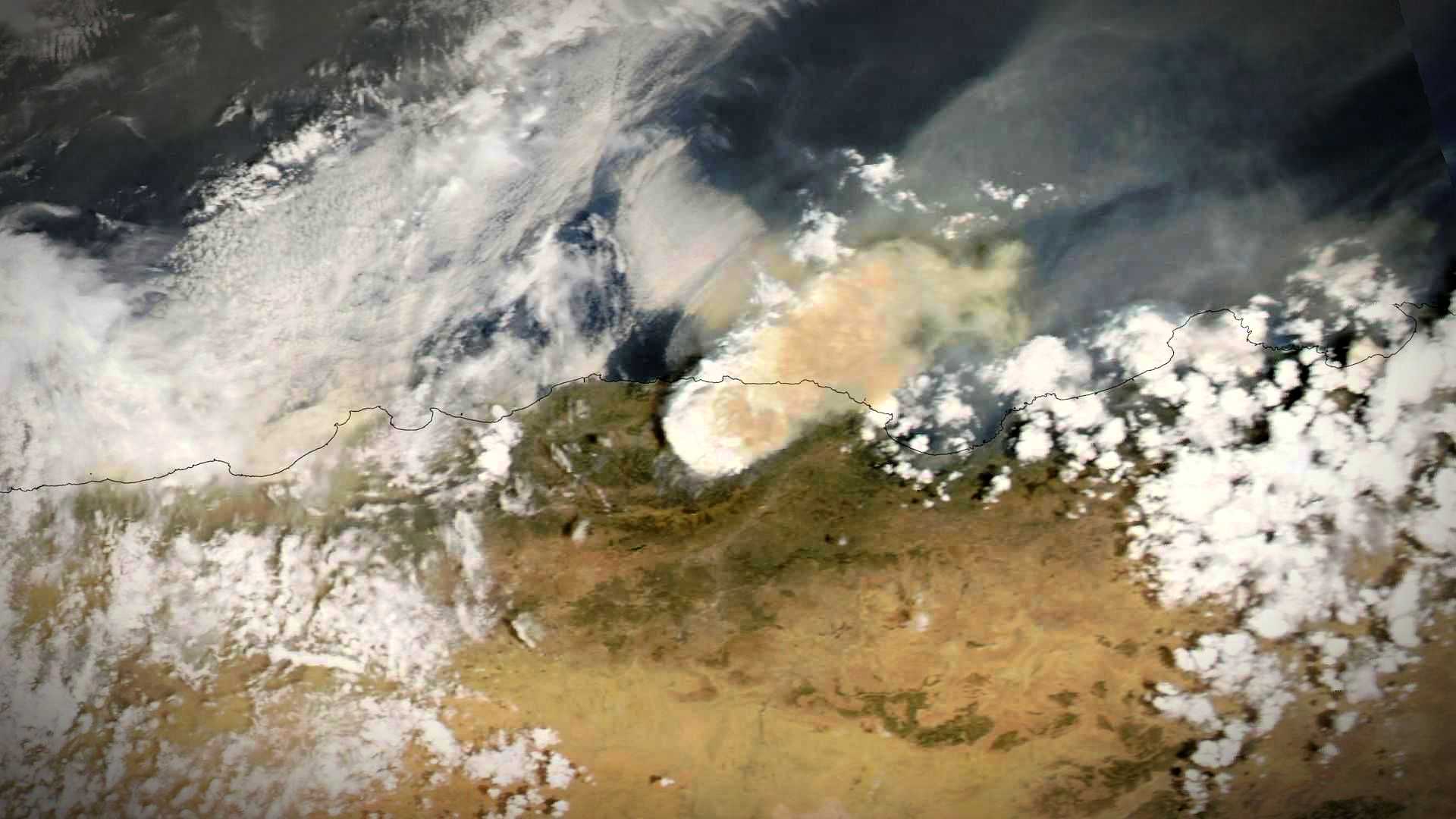
Raging wildfires in northern Algeria have devastated thousands of hectares of forest, vegetation, and croplands, resulting in dozens of casualties and hundreds of burned houses, particularly impacting the olive farming region of Kabylia. Local authorities have declared an end to emergency operations, estimating that the fires have affected 26 of 58 Algerian prefectures, with significant damage to olive groves and concerns about the impact on the 2021 harvest.
Smoldering ash has replaced thousands of hectares of forest, vegetation and croplands in northern Algeria.
A full week of raging wildfires has ended, leaving dozens of casualties and hundreds of burned houses. Many olive groves have literally disappeared in the northern region of Kabylia, the heart of Algerian olive farming, and the area most hit by the fires.
Olive growers are at the moment in a state of shock. They have seen their olive trees burn as well as their farms… some have even lost relatives in those villages that suffered from the fires.
According to LeMonde, the local authorities have now declared the end of the emergency operations. They estimate that the wildfires have affected 26 of 58 Algerian prefectures and killed at least 90 people.
See Also:Thousands of Hectares of Olive Trees Burned to Ashes Across Southern Turkey“Farmers are still counting the damage to the olive trees,” Nagueb Ladjouzi, an Algerian olive oil exporter for the Huile d’olive de Kabylie, told Olive Oil Times. “At the moment, we have estimates of at least 9,000 of the existing 38,000 hectares in the Tizi Ouzou province and may confirm the damage to 800 hectares in the Béjaïa area, both in the Kabylia region.”
According to Ladjouzi, it will take some time to fully assess the extent of the damage to local olive farmers and how the fires will impact the 2021 harvest.
“Olive growers are at the moment in a state of shock,” he said. “They have seen their olive trees burn as well as their farms with livestock and some have even lost relatives in those villages that suffered from the fires.”
According to World Grain, a trade publication, Algeria’s agricultural sector has been hit by severe drought, which has already hurt cereal producers.
In its summer update at the beginning of August, the Foreign Agriculture Service of the United States Department of Agriculture highlighted“dry pockets” in the vegetation in several Algerian regions and reported the forecast of a dropping yield due to a rainfall deficit.
“Consequences will be severe on the next olive harvest which was already weakened by the drought,” Ladjouzi said. “We must expect an olive oil price hike in Algeria because of the dropping yields.”
According to the local experts, among the reasons for the fire has been the lack of good farming practices.
“Before 1980, olive growers knew how to contain the fires by keeping the groves clear of sub-forestal vegetation or even using pear trees barriers as firewalls,” Ladjouzi said. “These practices and uses have been lost since.”
The Food and Agriculture Organization of the United Nations (FAO) estimates that Algeria’s forests cover about 0.9 percent of its territory, about 2.15 million hectares. Meanwhile, crops cover about 718,000 hectares and account for 15 percent of land use in the northern provinces.
See Also:Heatwave, Deadly Fires Threaten the Approaching Olive Harvest in GreeceAccording to LeMonde, the region has an annual fire season, but the phenomenon is intensifying.
While the total amount of damage from the wildfires is still unknown, local authorities believe that it will be higher than the 44,000 hectares of vegetation burned in 2020.
While the damage has yet to be assessed as well as compensations for farmers, doubts grow about the origin of the fires.
AfricaNews reported that the Algeria security council, headed by President Abdelmadjid Tebboune, has accused arsonists of starting some of the fires and linked their activities to Moroccan interests.
In a statement, the government said that “the incessant hostile acts carried out by Morocco against Algeria have necessitated the review of relations between the two countries.”
In its statement, Algerian authorities said that the arsonists have received support both from Morocco and Israel, according to The Times of Israel.
However, local experts said the numerous fires in the Mediterranean basin should push the government to implement new prevention measures and invest in firefighting infrastructure and technology.
According to the United Nations, temperatures in Algeria hit 47 ºC on the worst days of the fires, exacerbating them.
“The extent of the massive forest blazes in the North African country was clearly visible from space and published by Nasa”, the UN said. “One image, captured by the Aqua satellite, showed a vast plume of smoke over northern Algeria, where more than 62,000 hectares have burned so far this year.”
Nasa’s Earth Observatory had singled out the Kabylia region as the most hit, with “the bright white portions of the smoke plume suggested the presence of pyrocumulonimbus fire clouds.”


